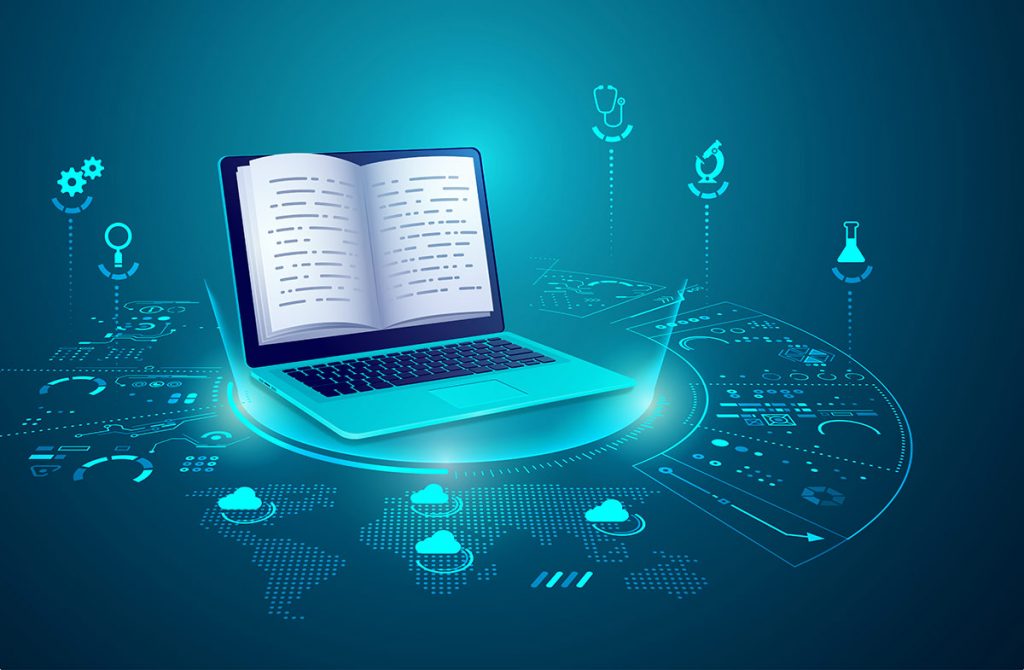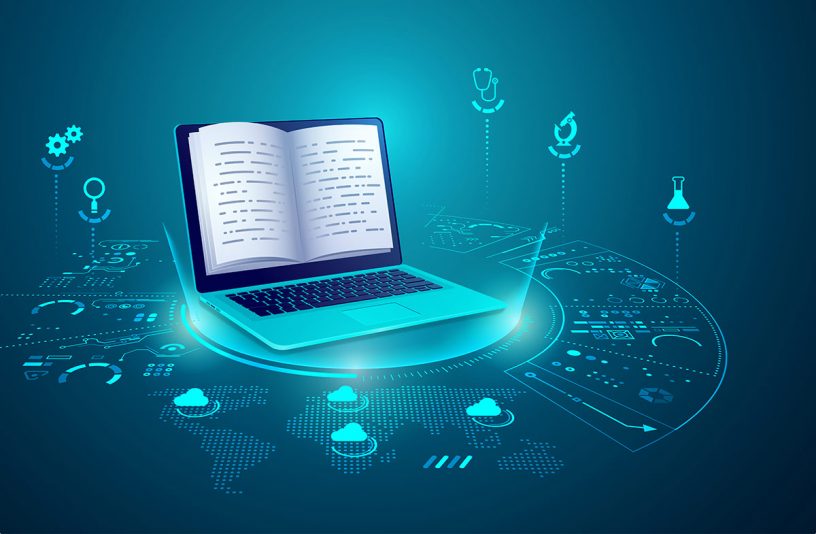
The study shows how digital education and online courses contribute to global education for sustainable development and social enterprise development.
Authors
Jeremy Wade, Associate Professor & Director, Jindal Global Business School, O.P. Jindal Global University, Sonipat, Haryana, India
Sara Calvo, Business Department, Universidad Internacional de La Rioja, Avenida de la Paz, Logroño, Spain
Andrés Morales, Business Department, Universidad Internacional de La Rioja, Avenida de la Paz, Logroño, Spain
Fergus Lyon, Centre for Enterprise and Economic Development Research, Middlesex University Business School, The Burroughs, London, UK
Summary
The solutions to the grand challenges of sustainability, poverty, and health affecting the world will require education and capacity building for all individuals implementing change on a global scale. The challenge ahead is to reach those missed by traditional education and support networks. Online Learning and Massive Open Online Courses (MOOCs) have the potential to build knowledge and share best practice experiences among individuals worldwide.
This paper examines the case of the FutureLearn Social Enterprise Program, a series of MOOCs with over 50,000 registered learners, of which 15% become active learners, engaging in online exercises, debates, and conversations.
This paper draws on quantitative and qualitative data collected over four years. The findings show that the course has not only had an impact on the creation of new startup social enterprises, but it has also supported a large proportion of learners in developing sustainability and social entrepreneurial ideas within a range of organisations in the public, private, and civil society sectors.
The findings also show a positive cascading impact effect from the learners registered on the course to those in their network, as ideas are shared, and learners become mentors to others. The conclusions of the study demonstrate how digital education and online courses contribute to global education for sustainable development and social enterprise development. The vital ingredient of MOOCs is their ability to be shared broadly and openly, with those leading the course allowing learners to take the content and ideas of the course and use as they feel fit. By opening up ideas and allowing MOOCs to go viral, educators have the chance to shape sustainability on a massive scale.
Published in: Sustainability, 2020 (the Special Issue Education and Sustainable Development)
To read the full article, please click here


